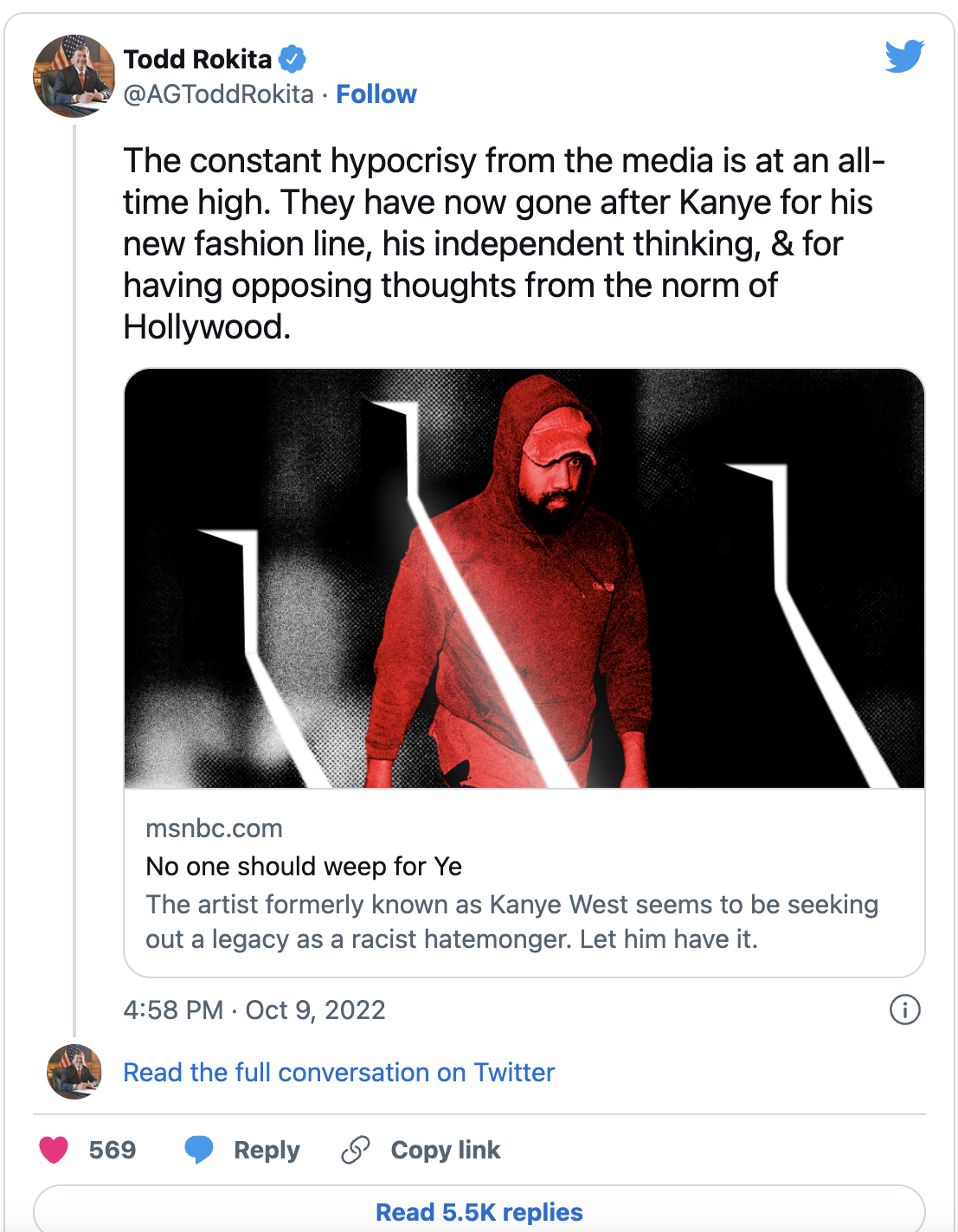Gloria Steinem Sets Uppity Women Straight On Hillary Not Storming Out of the White House As First Lady
/Gloria Steinem: Why the White House Needs Hillary Clinton The Guardian
The new Gloria Steinem books looks epic -- and this is not a word I throw around casually. Excerpts are being published, this one from The Guardian yesterday.
On a personal note, I (Anne) have had numerous women tell me that they lost all respect for our candidate over Hillary's not leaving Bill over his sordid affairs. As Gloria asks -- in so many words: "So you really think Hillary Clinton should have stormed out of the White House as First Lady?" More importantly, she asks if Eleanor Roosevelt and Jackie Kennedy should have done the same thing -- in so many words. And most important of all -- given the reality that powerful men -- Republican and Democrat -- have been bedding women for centuries outside their marital beds -- is the sexual bond between men and women the only bond that matters to today's women? Or better yet, to a feminist?
Is Hillary really so power hungry that she will suffer any humiliation -- or does our future president understand the reality that just last week scientists discovered two extra sex genes in the male brain -- ones suggesting that males just may seek sex before food. Granted, the science was on worms, but like fruit flies, humans share a staggering amount of DNA with worms.
Gloria Steinem -- who I last heard speak at Hunter College at the Anita Hill 25th anniversary conference in 2011 -- pulls absolutely no punches in this excerpt read from her new book. Go Gloria! This read looks like a hell of a ride.
Excerpt from Gloria Steinem's New Book on Hillary Clinton
In living rooms from Dallas to Chicago, I noticed that the Hillary Haters often turned out to be the women most like her: white, well educated, and married to or linked with powerful men. They were by no means all such women, but their numbers were still surprising. Also, they hadn’t objected to sons, brothers, and sons-in-law using family connections and political names to further careers – say, the Bushes or the Rockefellers or the Kennedys – yet they objected to Hillary doing the same. The more they talked, the more it was clear that their own husbands hadn’t shared power with them.
If Hillary had a husband who regarded her as an equal – who had always said this country got “two presidents for the price of one” – it only dramatised their own lack of power and respect. After one long night and a lot of wine, one woman told me that Hillary’s marriage made her aware of just how unequal hers was.
Haters condemn her for staying with her husband despite his well-publicised affairs. It turned out that many of them had suffered a faithless husband, too, but lacked the ability or the will to leave. They wanted Hillary to punish a powerful man in public on their behalf. I reminded them that presidents from Roosevelt to Kennedy had had affairs, but the haters identified with those first ladies and assumed they couldn’t leave. It was Hillary’s very strength and independence that made them blame her. When I tried describing the public condemnation Hillary would have suffered had she abandoned her duties in the White House for such a personal reason, this changed the minds of some – but not many.
Finally, I resorted to explaining my own reasons for thinking the Clintons just might be, in Shakespeare’s phrase, “the marriage of true minds”. Yet when I brought this up, some Hillary Haters became even angrier. The fact that Bill valued Hillary as an equal partner – and vice versa – seemed to make them more aware that their own marriages were different. It dawned on me that if a sexual connection is the only bond between a husband and wife, an affair can make her feel replaceable – and perhaps cause her to be replaced. This was not only emotionally painful but devastating when it also meant losing social identity and economic security as well. I began to understand that Hillary represented the very public, in-your-face opposite of the precarious and unequal lives that some women were living. In a classic sense, they were trying to kill the messenger.























![Kanye West's [aka Ye] Refusal to Treat His Mental Illness Is No Excuse For His Anti-Semitism](https://images.squarespace-cdn.com/content/v1/55f45174e4b0fb5d95b07f39/1666238183530-4WVG9SNG88HTSKQ0WWDV/Is+Kanye-West-Running-Out-of-Platforms.png)







